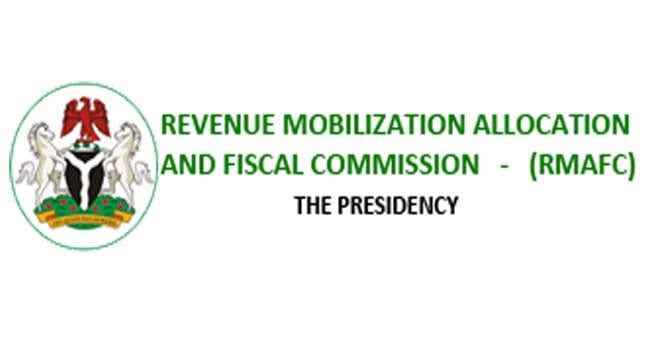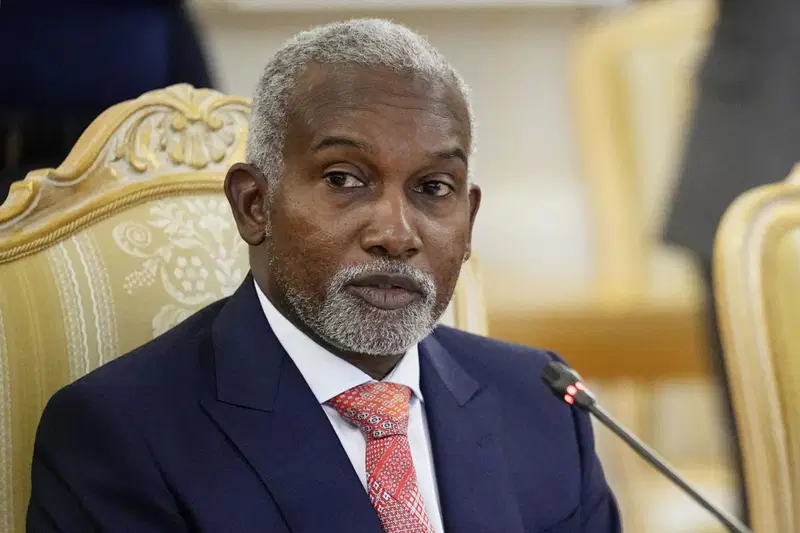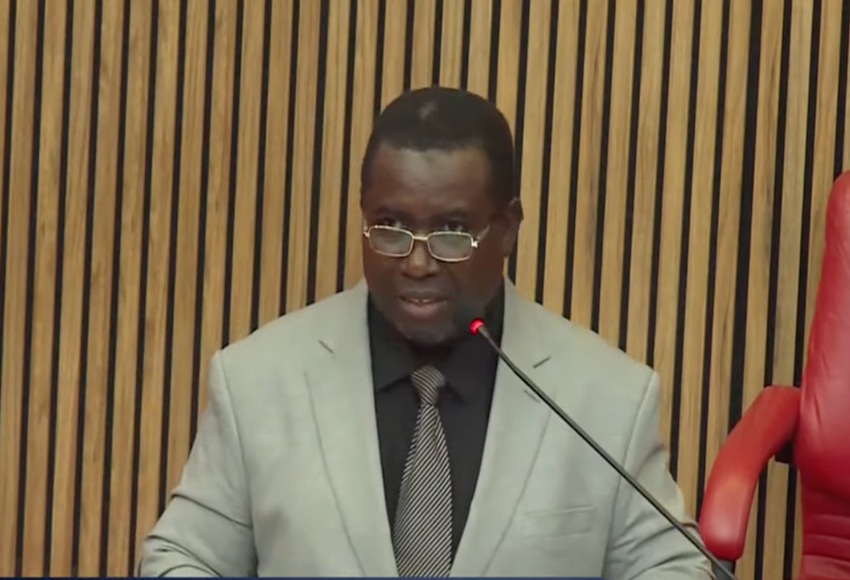
A persistent lack of a steady crude oil supply is severely affecting the operation of seven refineries in Nigeria, industry experts warned on Thursday.
This shortage is preventing both new and existing refinery projects from attracting necessary investments, undermining efforts to increase local refining capacity and reduce the country’s reliance on imported fuel.
In an exclusive interview, Eche Idoko, National Publicity Secretary of the Crude Oil Refinery-owners Association of Nigeria (CORAN), explained that without a reliable supply of crude, efforts to boost local refining capacity and attract investors will likely fall short.
According to data from the Nigerian Upstream Petroleum Regulatory Commission (NUPRC), 15 operators have refinery licenses with a total refining capacity of 1,151,500 barrels per day (bpd). However, only 852,000 bpd of this capacity is currently operational, pointing to the underutilization of Nigeria’s refinery infrastructure. The core issue, experts say, is the lack of adequate crude oil supply to these refineries.
Out of the licensed refineries, five are yet to commence operations, and three facilities that should receive daily crude allocations remain inactive.
In addition, the 10,000 bpd OPAC refinery and the 2,500 bpd Duport refinery are also non-operational due to inadequate feedstock, while the state-owned Kaduna refinery is also not functioning despite receiving approval to refine products.
As a result, Nigeria continues to rely heavily on its aging refineries, which are struggling to meet the country’s domestic fuel needs. While the government has granted licenses to private investors to boost refining capacity and reduce dependence on imports, actual refinery output remains well below the potential capacity outlined in these licenses.
Idoko also highlighted other challenges preventing these refineries from operating at full capacity, including inadequate funding, delays in project completion, and technical difficulties. Moreover, local refineries are finding it increasingly difficult to secure the necessary crude feedstock for their operations.
A recent example is the Dangote refinery, which suspended the sale of its petroleum products to marketers in naira due to discrepancies between crude allocations paid for in naira and actual sales. Insiders claim that the Nigerian National Petroleum Corporation Limited (NNPCL) allocated significant amounts of crude to foreign creditors to settle debts, leaving local refineries with limited access to crude.
Idoko stressed that the unavailability of crude oil is a key issue that potential investors face. He emphasized that without a stable supply of crude, refinery projects are stuck at the critical Final Investment Decision (FID) stage.
“The availability of crude is a major issue, and the news of its unavailability is not helping our case,” Idoko remarked.
To resolve these challenges, Idoko called on the government to ensure a consistent feedstock supply and create more robust funding mechanisms for refinery projects.
He acknowledged that steps are being taken to address the first issue but urged quicker action to establish funding portfolios that can support local refineries.
Chinedu Ukadike, National Publicity Secretary of the Independent Petroleum Marketers Association of Nigeria (IPMAN), added that fluctuating government policies, security challenges, and poor community relations are also hindering refinery operations.
Ukadike emphasized that without energy security and a guarantee of returns on investment, refineries will continue to face difficulties.
Billy Gillis-Harry, President of the Petroleum Products Retail Outlets Owners Association of Nigeria, pointed out that the lack of technical expertise among refinery operators is also a significant barrier.
Additionally, oil and gas expert Olatide Jeremiah stressed the need for an environment conducive to investment, noting that Nigeria’s limited crude oil production, compared to its export commitments, is a critical issue.
Jeremiah criticized the NNPCL’s focus on foreign contracts over local refinery access to crude and called on the Nigerian Upstream Petroleum Regulatory Commission to prioritize increasing domestic crude production to stabilize the sector.
The ongoing challenges underscore the urgent need for comprehensive reforms and more consistent policies to revitalize Nigeria’s refining sector and ensure long-term energy security.
Punch
Advertisement








